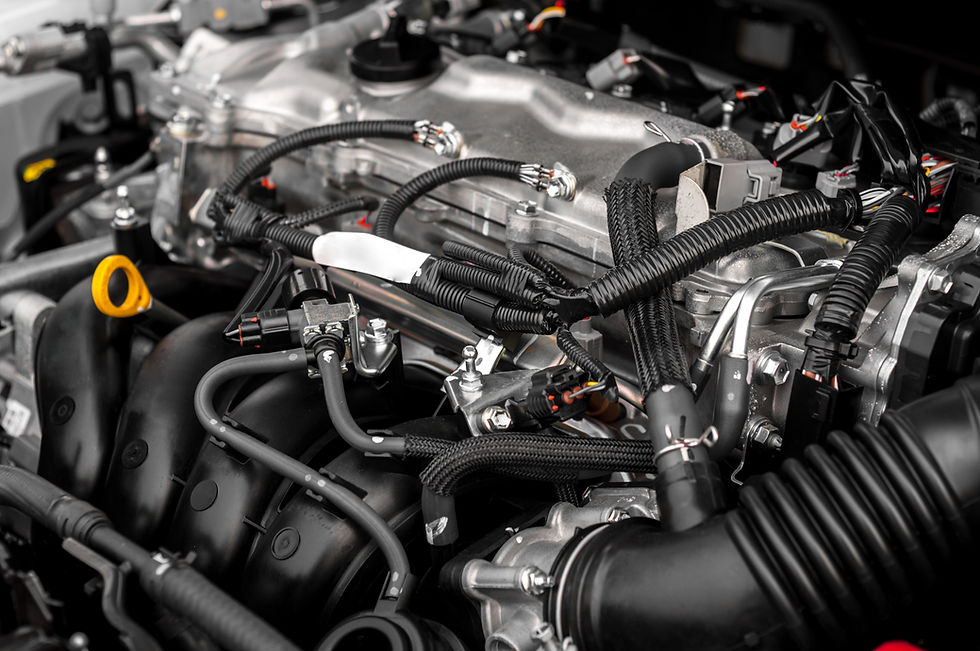Need a Tune-Up? Trust us!
- Silicon Hills Mechanics
- Apr 25, 2023
- 2 min read

Hello and welcome to Silicon Hill Mobile Mechanics Blog. In this article, we will be discussing the steps involved in performing an engine tune-up.
An engine tune-up is a series of maintenance procedures that are performed to ensure that your vehicle's engine is running smoothly and efficiently. Here are the steps involved in performing an engine tune-up:
Replace Spark Plugs: Worn out or fouled spark plugs can cause engine misfires and reduced fuel efficiency. The first step in a tune-up is to replace the spark plugs with new ones. It's important to use the manufacturer's recommended spark plugs.
Replace the Air Filter: A dirty air filter restricts air flow to the engine, reducing fuel efficiency and performance. The air filter should be replaced to improve engine performance.
Replace the Fuel Filter: The fuel filter removes impurities and contaminants from the fuel before it reaches the engine. A clogged fuel filter can restrict fuel flow to the engine, reducing fuel efficiency and performance.
Inspect and Replace Belts and Hoses: Belts and hoses should be inspected for signs of wear or damage. Cracked or worn belts can break and cause the engine to stop running. Leaking hoses can cause engine overheating.
Check Fluid Levels: Engine oil, transmission fluid, brake fluid, power steering fluid, and coolant levels should be checked and topped off as needed.
Replace PCV Valve: The Positive Crankcase Ventilation (PCV) valve regulates the flow of gases from the engine's crankcase. A clogged or faulty PCV valve can cause engine performance problems.
Check Ignition Timing and Idle Speed: Ignition timing and idle speed should be checked and adjusted as necessary. Proper ignition timing and idle speed improve engine performance and fuel efficiency.
Clean Throttle Body and Fuel Injectors: Over time, carbon deposits can build up in the throttle body and fuel injectors, reducing engine performance. These components should be cleaned to improve engine performance.
Perform an Emissions Test: Finally, an emissions test should be performed to ensure that the engine is running cleanly and efficiently.
Performing these steps as part of an engine tune-up can help ensure that your vehicle's engine is running at peak performance and fuel efficiency. The cost of an engine tune-up can vary depending on the make and model of your vehicle, as well as the extent of the required maintenance. However, a typical engine tune-up can cost anywhere from $100 to $500, depending on the specific services included. It's always best to consult with a reputable mechanic or service center to obtain an accurate estimate of the cost based on your specific needs.
If you're unsure about any of these steps or would like assistance with an engine tune-up, please contact Silicon Hill Mobile Mechanics.




Comments